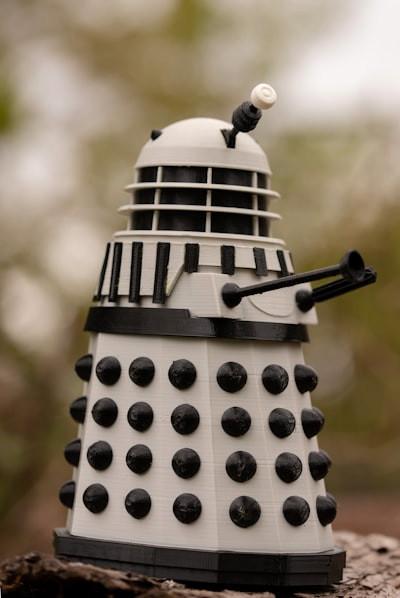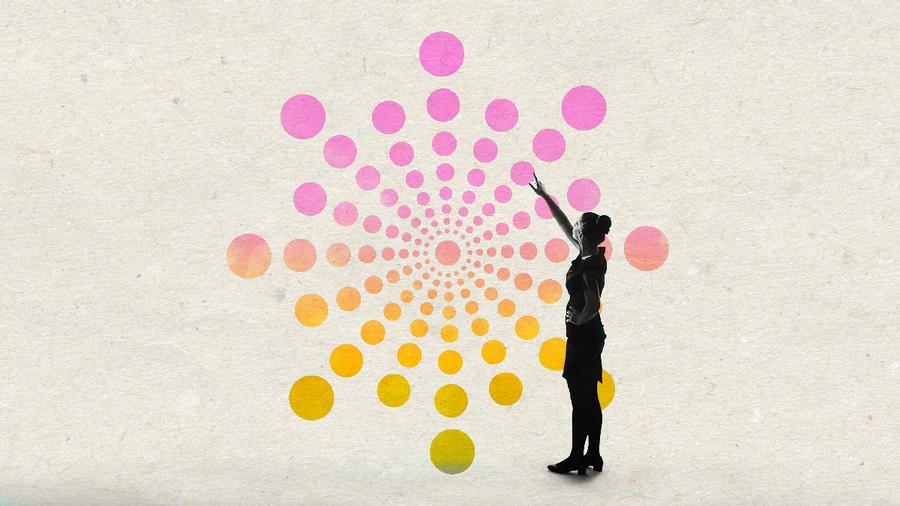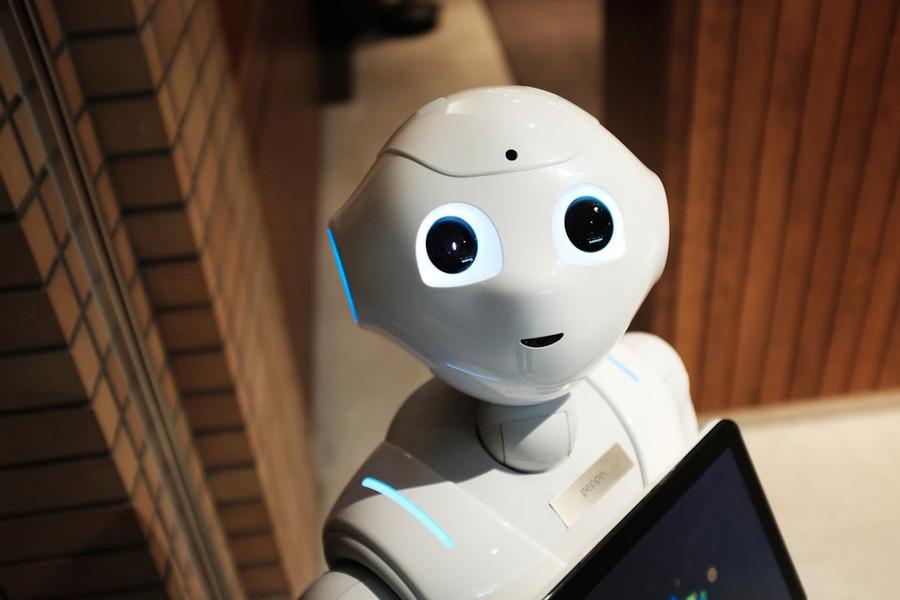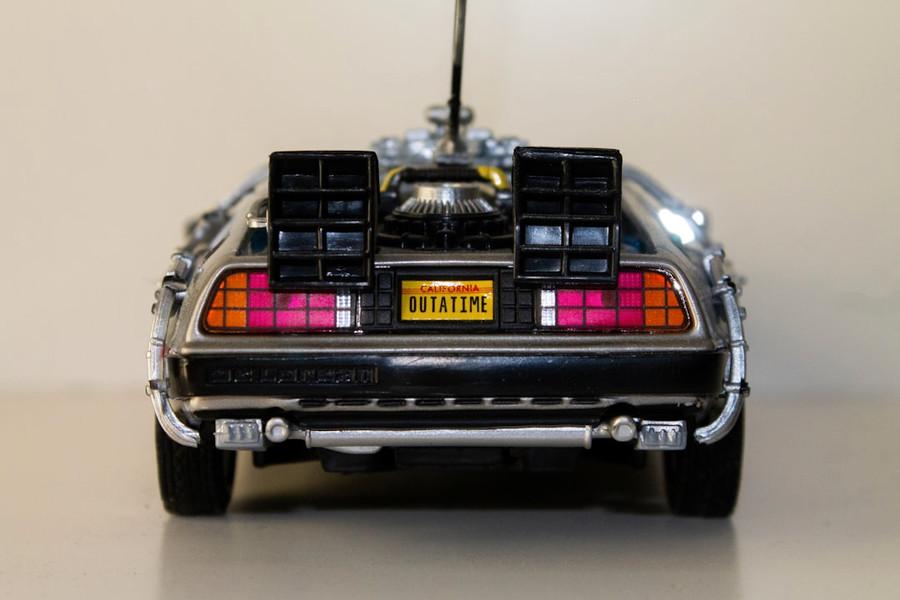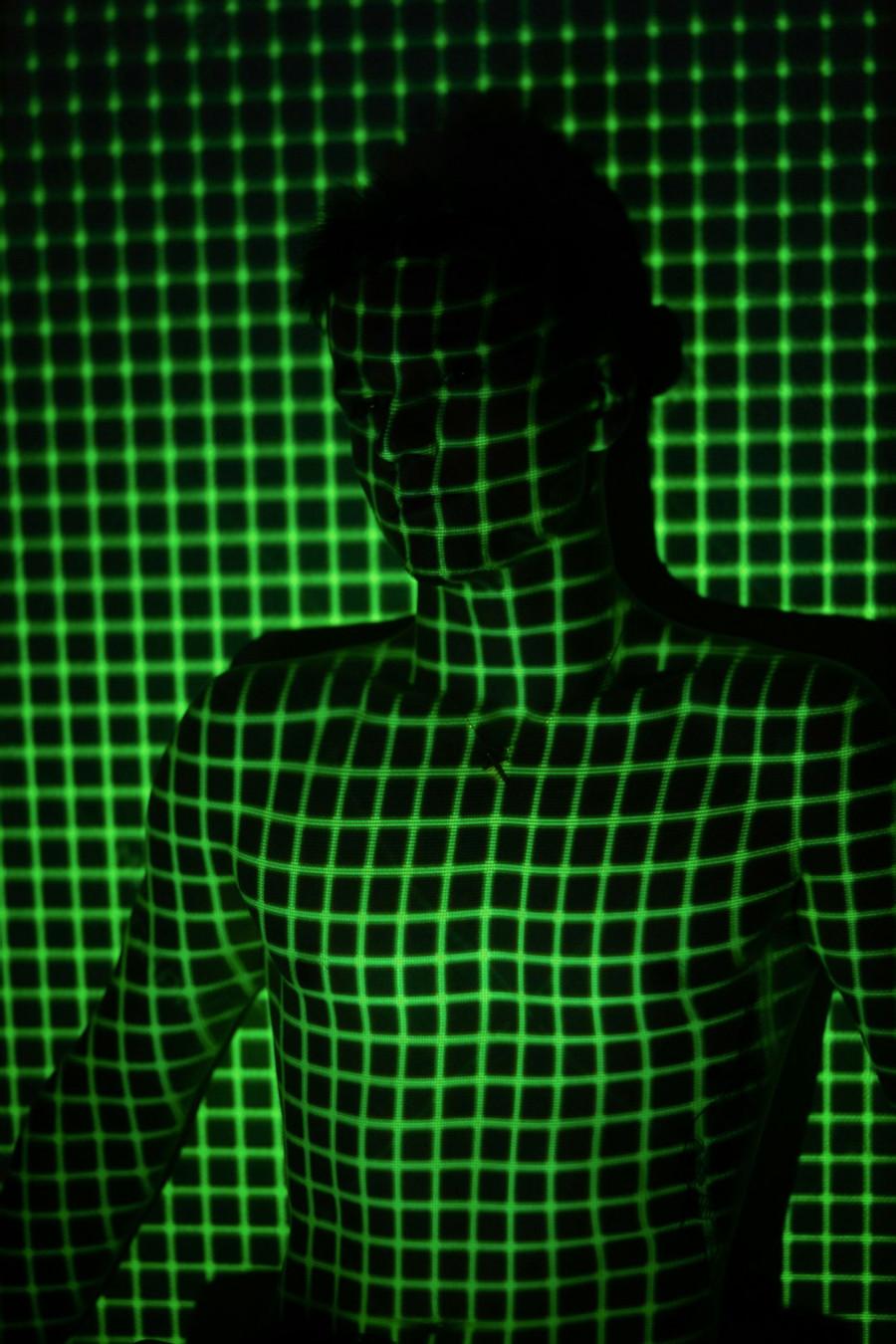Using Fiction to Find Your Strategy
Curated from: hbr.org
Ideas, facts & insights covering these topics:
5 ideas
·476 reads
11
Explore the World's Best Ideas
Join today and uncover 100+ curated journeys from 50+ topics. Unlock access to our mobile app with extensive features.
No Place For Imagination
By force of habit, most executives tune down their imagination when strategizing. This is counterproductive, and there is an alternative: Design fiction.
A design technique that immerses executives and employees deeply in various possible futures, it uses artifacts such as short movies, fictitious newspaper articles and imaginary commercials to generate transformation roadmaps. Rooted in the future but helping to act in the present, design fiction results in concrete actions taken to adjust companies’ visions, strategies, and activities to create a better future.
19
154 reads
Visualizing The Future
Trying to predict what the future will look like is doomed to fail. Yet this is what most executives do when they strategize. They — we — do this because we have been trained and educated to use trends and statistics to predict what is likely to happen and prepare accordingly. As a result, companies struggle to react to changes in their environments when they should be shaping them proactively.
This is an issue for executives around the globe whose strategizing, anchored in the past, misses out on important opportunities to envision, and design, possible futures.
17
89 reads
Design Fiction
Unlike many strategic foresight tools, design fiction does not attempt to identify what is more likely to happen. Nor does it limit strategy conversations to the C-suite; in fact a core component is the participation of a wide range of stakeholders. Consequently, the teams that we’ve seen deploy design fiction are able to formulate and shape desirable futures that other tools do not enable people to see.
17
90 reads
Creating Scenarios From Pop Culture
The first step of putting design fiction into practice involves crafting scenarios of possible futures.
For example, in a project with a major car insurance company, we analyzed information from urban mobility trends, autopilot flight modes, Luc Besson’s notorious movie The Fifth Element, and interviews with early electric car adopters to develop scenarios of possible futures.
These atypical data sources help spotlight less obvious aspects that would otherwise remain unnoticed in the strategizing process.
16
74 reads
Inventing The Future
Design fiction has helped dozens of multinational companies to strategize differently. And while creating fictional futures may sound a little quirky, we know that it works. For example, a recent design-fiction project conducted with a major oil and gas company helped identify how to shape a future in which people living in remote areas were less socially isolated.
The company decided to repurpose gas stations into places galvanizing community through services such as car sharing hubs, medical centers, delivery platforms, and ghost kitchens.
17
69 reads
IDEAS CURATED BY
Olivia Lambert's ideas are part of this journey:
Learn more about product with this collection
How to align stakeholders
Best practices in product management leadership
How to create value together
Related collections
Similar ideas
8 ideas
6 ideas
5 ideas
Read & Learn
20x Faster
without
deepstash
with
deepstash
with
deepstash
Personalized microlearning
—
100+ Learning Journeys
—
Access to 200,000+ ideas
—
Access to the mobile app
—
Unlimited idea saving
—
—
Unlimited history
—
—
Unlimited listening to ideas
—
—
Downloading & offline access
—
—
Supercharge your mind with one idea per day
Enter your email and spend 1 minute every day to learn something new.
I agree to receive email updates
